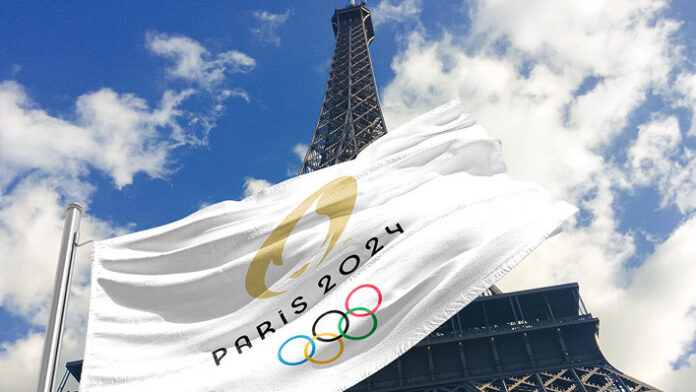The Olympic Games, a global celebration of athletic excellence and international unity, trace their roots back to ancient Greece, where they began over 2,700 years ago. Revived in the modern era in 1896, the Olympics have evolved into the world’s foremost sporting event, featuring athletes from virtually every nation.
In 2024, Paris will host the Summer Olympics for the third time, following the Games in 1900 and 1924. The Paris 2024 Summer Olympics promise to be a spectacular event, showcasing both traditional and innovative sports. With an emphasis on sustainability and inclusivity, the Games will feature events in historic locations like the Eiffel Tower and the Champs-Élysées, and new sports like skateboarding and sport climbing. This iconic global event will bring together athletes and fans from around the world to celebrate the spirit of competition and camaraderie.
Here are 20 Facts About the Olympics You Should Know Before the Games Begin
The Origin and Evolution of the Olympics
1. Ancient Beginnings: The Olympic Games started in ancient Greece in 776 BC. These games were held in Olympia and were part of a festival to honor the Greek god Zeus. Only freeborn Greek men were allowed to compete in events like running, long jump, and wrestling.
2. Modern Revival: The modern Olympics were revived in 1896 by Pierre de Coubertin, a French educator and historian. The first modern Games took place in Athens, Greece, with 14 countries participating in 43 events.
3. Olympic Rings: The five interlocking rings—blue, yellow, black, green, and red—represent the continents of Africa, Asia, America, Europe, and Oceania. These colors were chosen because at least one of them appears on every national flag.
4. Olympic Motto: The Olympic motto is “Citius, Altius, Fortius,” which means “Faster, Higher, Stronger.” This motto encourages athletes to push their limits and strive for excellence in their sports.
5. The Olympic Flame: The tradition of the Olympic flame dates back to ancient Greece, where a flame was kept burning throughout the Games. In the modern Olympics, the flame is lit in Olympia and carried to the host city through a relay of torchbearers.
Milestones in Olympic History
6. First Women Competitors: Women first participated in the 1900 Paris Games, competing in tennis, sailing, croquet, equestrian, and golf. Today, women compete in almost all the same events as men.
7. Youth Olympic Games: The Youth Olympic Games were introduced in 2010 to provide a platform for young athletes aged 14 to 18 to compete internationally. These games feature a mix of traditional sports and unique events tailored for younger athletes.
8. The Paralympics: The Paralympic Games, which follow the Olympics, are for athletes with disabilities. These Games highlight incredible feats of strength, determination, and sportsmanship.
9. Record Breakers: Swimmer Michael Phelps holds the record for the most Olympic gold medals, with a total of 23. Meanwhile, gymnast Larisa Latynina has the most overall Olympic medals for a female athlete, with 18. The youngest recorded Olympian was 10-year-old Greek gymnast Dimitrios Loundras. The oldest was 72-year-old Swedish shooter Oscar Swahn.

